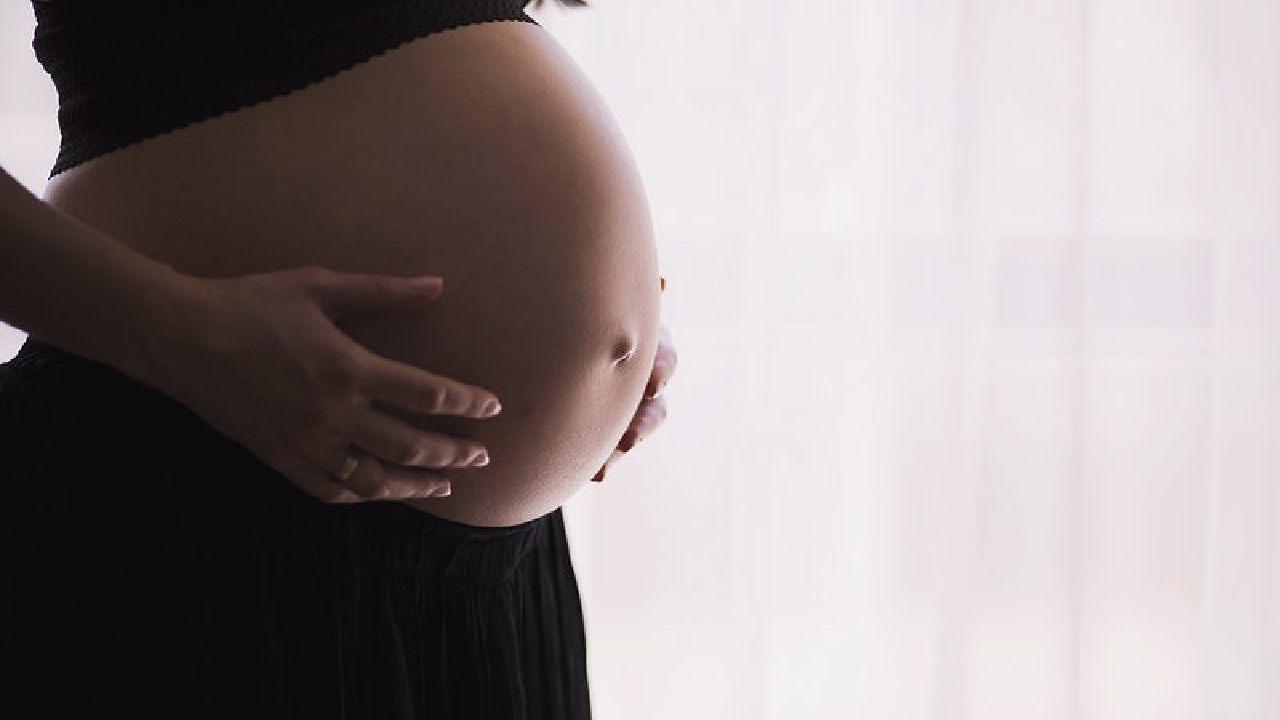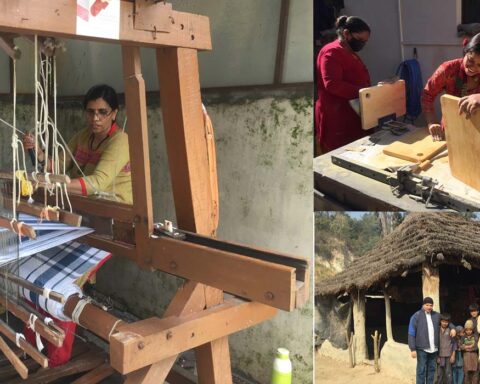Nearly a third of women living in developing countries become mothers before the age of 19, and nearly half of first adolescent births are to girls 17 or younger, the United Nations Population Fund (UNFPA) reported.
For the executive director of UNFPA, these statistics show that the world “is failing” adolescent girls.
“Repeated pregnancies among teenage mothers are a clear sign that these girls desperately need sexual and reproductive health information and services,” said Natalia Kanem.
Remedying this phenomenon, which unfortunately is declining at a rate of barely three percentage points per decade, requires investments by governments to expand the opportunities, education, and capabilities of adolescents in order to avoid unwanted early pregnancies.
“When girls can chart the course of their lives, motherhood in childhood will become increasingly rare,” said the head of UNFPA.
The agency recommends that policymakers take into account the urgency of offering girls comprehensive sexuality education, tutoring, social support and quality health services, in addition to providing economic support to families and involving local organizations.
These actions, says UNFPA, must occur within a supportive legal and policy framework that recognizes the rights, capacities and needs of adolescent girls, particularly those from marginalized population groups.
The report reveals that, according to data from the period 2015-2019, although global fertility has decreased, women who started having children in their teens had almost five births by the time they reached 40 years of age.
The document explains that, once they have had a first child in adolescence, girls tend to continue getting pregnant.
It details that almost 75% of girls with a first birth at age 14 or younger have a second birth in adolescence, and adds that 40% of those who have two births have a third child before leaving adolescence.
UNFPA recalls that childbirth complications are one of the leading causes of death and injury among adolescents.
It also underlines that being a teenage mother can lead to other serious human rights violations as well as serious social consequences, including child marriage, intimate partner violence and mental health problems.

























